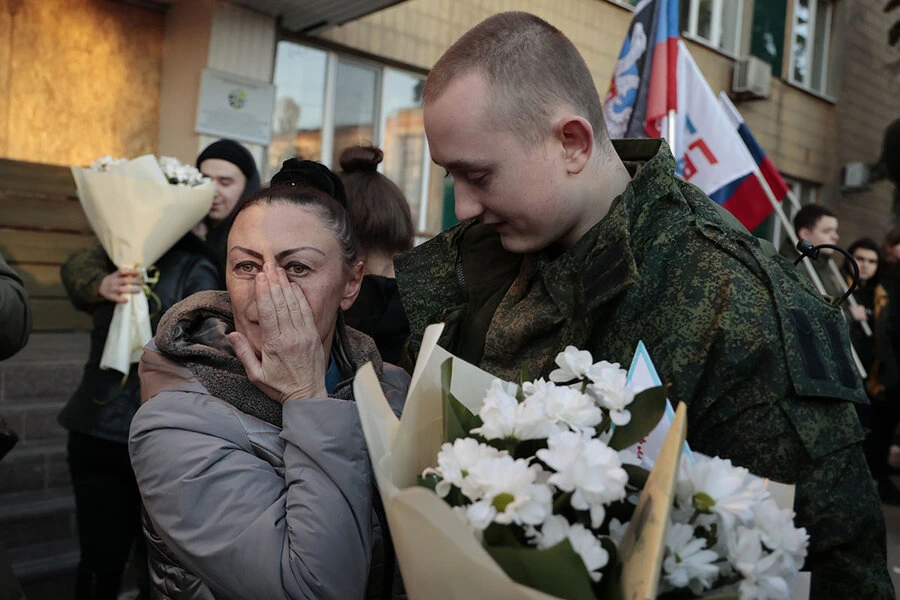By Andrei Kalitin, journalist and host of the TV program “Sovershenno Sekretno”
It would be fascinating to conduct a professional, multidisciplinary analysis—with the help of political scientists, sociologists, regional experts, and even psychologists—of why there is no visible anti-war movement inside Russia today, using the example of “soldiers’ mothers,” a group that has historically been among the most active social forces opposing war.
During the Soviet war in Afghanistan, the mothers’ movement was neither public nor organized. This was largely due to the state’s total control and the lack of civil liberties. Protests took the form of private appeals to the Ministry of Defense and handwritten “letters to Moscow.” The primary goal was to obtain information about the fate of sons—especially those missing in action—rather than to stop the war itself.
By contrast, during the two Chechen wars, the nature of protest changed fundamentally. Soldiers’ mothers began holding public demonstrations, organizing pickets, staging hunger strikes, and collecting signatures for anti-war petitions. In the mid-1990s, the “Committee of Soldiers’ Mothers” emerged as a genuine participant in the political process. At the same time, it provided concrete assistance to military families, helping to search for prisoners of war and launching hotlines for those seeking missing soldiers.
More than three years into the “Special Military Operation” (SVO), mothers (and wives) of soldiers made themselves heard only after the announcement of mobilization. But this protest took a very different form. Participants were careful to avoid criminal liability: they laid flowers at memorials, stood in solitary pickets, or staged sit-ins outside the Ministry of Defense—sometimes even kneeling. Their main demands focused not on ending the war, but on practical issues: setting clear rules for demobilization and rotation, halting “indefinite mobilization,” and improving service conditions. The activism of soldiers’ mothers during the SVO period cannot be described as anti-war protest in the classic sense. It is more a list of requests—pleas for order, for proper uniforms and weapons, for scheduled troop rotations.
As frightening as it is to admit, one of the main reasons for the absence of a “women’s anti-war movement” is that war has become a real social elevator in Russia. It has created jobs for people who have never seen that kind of money before. Fear of state repression also plays a major role: hundreds have been imprisoned under laws against “discrediting” the army.
By turning war into a business, the authorities calculated society’s likely responses with startling precision. The public would not rise in opposition—it might ask for more order, more social benefits, or better career prospects. But that only applies to those who survive.
Today, men ride the social elevator to the front lines with hopes of luck and money. It’s Russian roulette in its purest form, based on two core tenets of the “Russian world”: avósʹ (“maybe it’ll work out”) and nebosʹ (“maybe nothing bad will happen”).


















